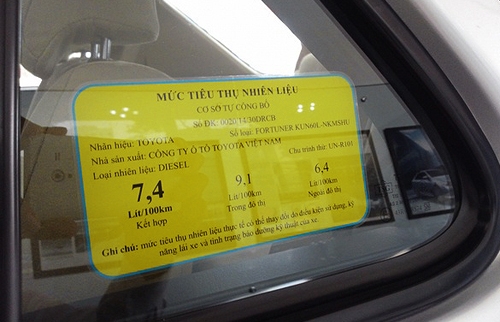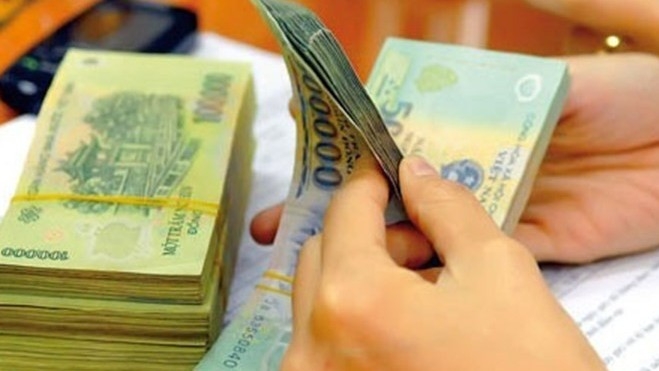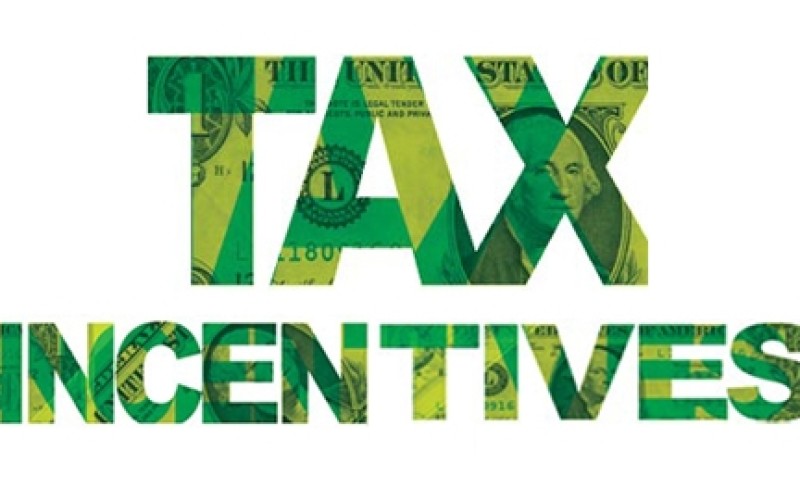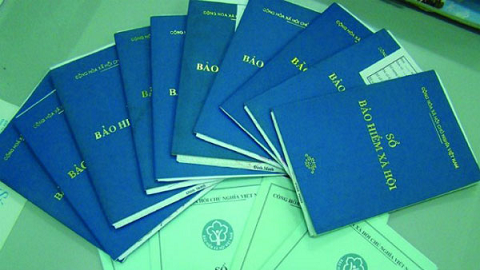Foreign- invested enterprises are no longer required to obtain business licenses to hold the exporting, importing and wholesaling rights
The Government has just issued Decree No. 09/2018 / ND-CP detailing the Commercial Law and Foreign Trade Management Law regarding the purchase and sale of goods and activities directly related to the purchase and sale of goods of foreign investors, economic organizations with foreign owned capital in Vietnam in replacement of Decree 23/2007 / ND-CP. Particularly, this decree was issued on 15/01/2018 and came into effect on the same day.
Compared with Decree Decree 23/2007 / NĐ-CP, Decree 09/2018 / ND-CP contains many new advancements and also explains more clearly the trading activities and related activities. Direct purchase of goods by foreign investors, economic organizations with foreign owned capital in Vietnam. In addition, many new directions are more favorable for foreign investors and foreign invested enterprises to carry out business activities related to trading activities and activities which are directly related to the purchase of goods . In the following, the Asian Business Consulting Company would like to point out three main new points of Decree No. 09/2018 / ND-CP compared to Decree No. 23/2007 / ND-CP as follows:

Expanding the granting of business licenses to foreign investors
This is a new point in the Decree 09/2018 / ND-CP on trading activities and activities related directly to the purchase and sale of goods of foreign investors, economic organizations with foreign owned capital in Vietnam.
Accordingly, in addition to the investors belonging to the countries and territories participating in the treaties to which Vietnam is a member, which commit to open the market for trading activities, the following subjects, if satisfying the conditions, shall also be granted license:
- Foreign investors not belonging to countries or territories participating in treaties to which Vietnam is a contracting party;
- Foreign investors belonging to countries or territories participating in the treaties to which Vietnam is a contracting party but have no commitment to open with the goods or services they wish to trade.
The competence to grant business licenses and permits for setting up retail establishments
For business licenses, if Decree No. 23/2007 / ND-CP stipulates that provincial People's Committees are responsible for granting business licenses, Clause 1, Article 8 of Decree No. 09/2018 / ND-CP stipulates Ministry of Industry and Trade where the foreign-invested economic organizations are headquartered shall grant, re-grant, adjust, extend and withdraw their business licenses.
Consultation with the Ministry of Industry and Trade, if the Decree 23/2007 / ND-CP, the competent agencies are granted business licenses after obtaining the written approval of the Ministry of Trade (now the Ministry of Industry and Trade ), the Decree 09/2018 / ND-CP narrowed the scope of cases that need consultation with the Ministry of Industry and Trade. Accordingly, the consultation with the Ministry of Industry and Trade prior to the issuance of the amended business license shall be applied to rice products; sugar; photographic items, books and magazines, and consideration of licensing the implementation of the retail distribution right in the form of supermarkets, mini supermarkets and convenience stores and the Ministry of Industry and Trade shall receive comments before granting to amend business licenses with the activities including: Providing logistics services, except for the sub-sectors of logistics services which Vietnam has committed to open markets in treaties to which Vietnam is a contracting party; Leasing of goods, excluding financial leasing; except for the leasing of construction equipment with operators; Providing trade promotion services, not including advertising services; Providing commercial intermediary services; Providing e-commerce services; Providing services for organizing goods and services.
For licenses for setting up retail establishments, Decree 23/2007 / ND-CP stipulates that the establishment of additional retail outlets outside the first retail outlet shall be decided by the provincial People's Committee under the guidance of the Ministry of Trade. (now the Ministry of Industry and Trade). Collect comments from the Ministry of Industry and Trade prior to granting or adjusting the permit to set up a retail establishment.
The concept of wholesale and retail is clarified
Regarding the wholesale concept, Decree No. 23/2007 / ND-CP stipulating wholesale is the activity of selling goods to other traders or organizations; Does not include direct sales to end consumers.
The new Decree clarifies that "merchants and organizations" purchase goods in wholesale activities, which are wholesalers, retailers and other organizations; Excludes retail operation.
Regarding the retail concept Decree No. 23/2007 / ND-CP, retailing is the sale of goods directly to end consumers.
The new decree specifically explains end consumers as individuals, households and other organizations for use for consumption purposes.
Besides the 3 main new points, Decree 09/2018 / ND-CP also contains some new points as follows:
1. For the export, import or wholesale distribution domain, which had to have the business license in the past , now is not required except in cases where the product is lubricating oil according to the provisions of Point b, Clause 4, Article 9, previously prescribed. Decree No 23/2007 / NĐ-Cp requires license and approval of Ministry of Industry and Commerce;
2. According to Decree 23/2007 / ND-CP, retail activities previously must apply for a business license issued by the Ministry of Industry and Trade. However, according to Decree 09/2018/ ND- CP, recently they only need to apply for a business license at Department of Industry and Trade and mustseek the opinion of the Ministry of Industry and Trade if they are rice products; sugar; photographic items, books and magazines, and consideration of licensing the implementation of the retail distribution right in the form of supermarkets, mini supermarkets and convenience stores.
3. Time limit is reduced to 10 days in case it is not need consultation with the Ministry of Industry and Trade, in case of consulting the processing time is 28 days, according to the Decree No. 23/2007 / ND- CP, the total duration of such 45 days has been reduced by 17 days;
*****
Please contact us for any further concerns related to the topic of this article.
About Us
Asia Business Consulting is a boutique consulting firm specializing in corporate establishment, legal and business advisory, tax and payroll compliance, HR administration, market research to multinationals investing in Vietnam.
For further information or to contact the firm, please email This email address is being protected from spambots. You need JavaScript enabled to view it. or download the company brochure.
You can stay up to date with the latest business and investment news in Vietnam by subscribing for our newsletters.




 It is expected that 675 business conditions of 27 business sectors shall be removed.
It is expected that 675 business conditions of 27 business sectors shall be removed.



